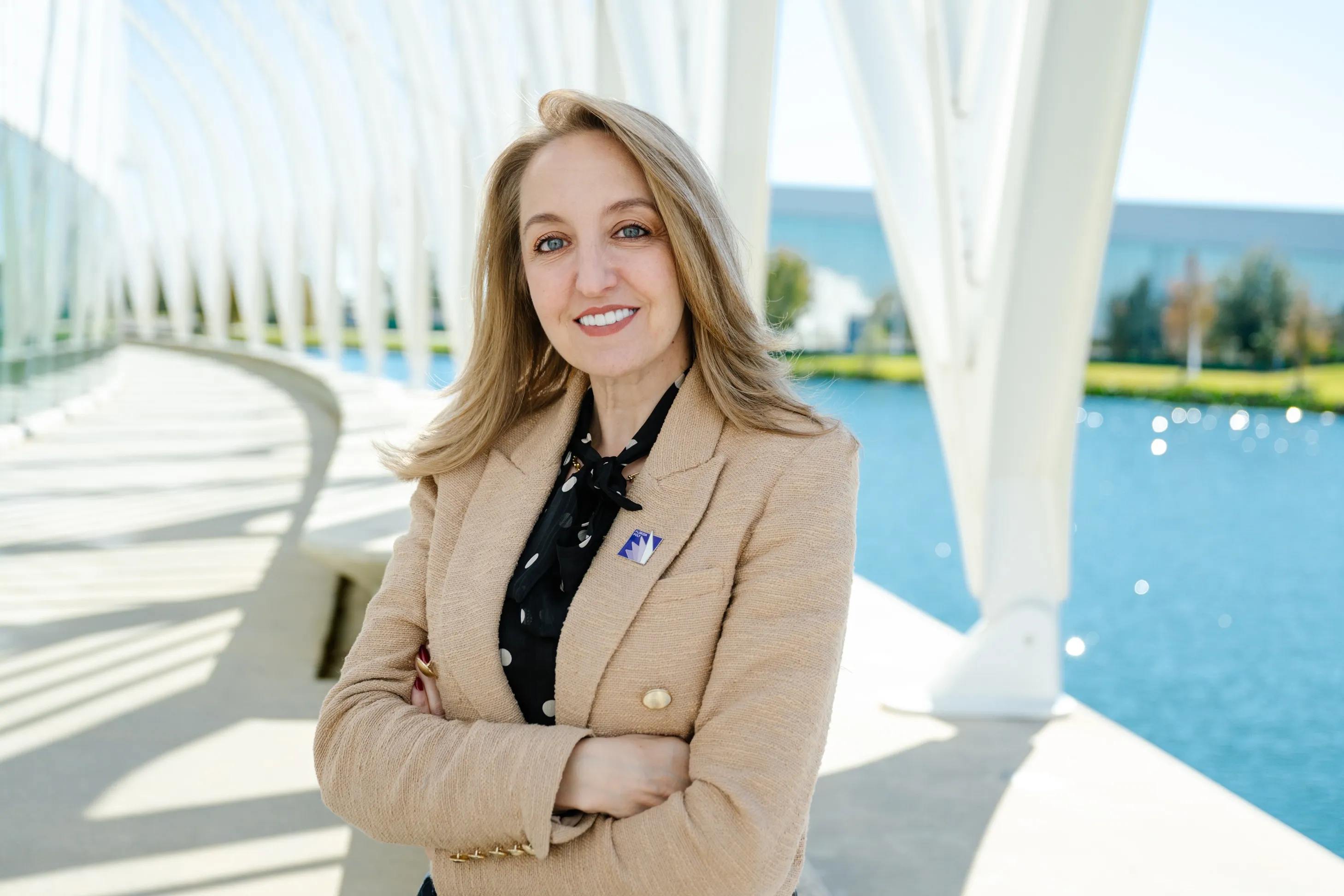The US Department of Transportation has announced the six cities where it will hold Driver Acceptance Clinics for the connected vehicle programme. The first clinic will be held in Brooklyn, MI, near Detroit, in August, while the remaining clinics will be held in Minneapolis, Orlando, FL, Blacksburg, VA, Dallas and San Francisco.
April 25, 2012
Read time: 3 mins
The 324 US Department of Transportation has announced the six cities where it will hold Driver Acceptance Clinics for the connected vehicle programme. The first clinic will be held in Brooklyn, MI, near Detroit, in August, while the remaining clinics will be held in Minneapolis, Orlando, FL, Blacksburg, VA, Dallas and San Francisco.
The Connected Vehicle Drive Clinics are part of a Department of Transportation research programme conducted by the321 Research and Innovative Technology Administration (RITA) and the 834 National Highway Traffic Safety Administration (NHTSA). The Department is working with the Crash Avoidance Metrics Partnership (CAMP), a research consortium of eight automobile manufacturers, to develop technology that will help cars, trucks, buses and other vehicles avoid crashes by communicating with nearby vehicles and roadway infrastructure such as traffic signals, dangerous road segments and grade crossings. Drivers will receive safety warnings when there is a risk of a crash or other safety driving hazard.
RITA Administrator Peter Appel says, “Connected vehicle technology has the potential to address 81 per cent of all unimpaired driver related crashes. We must take a serious look at how this technology will work in the real world to create a safer transportation system.”
The clinics will take place in urban, suburban and rural communities around the country to see if the technology is accepted by a cross-section of US residents. The driver clinics will measure the acceptance by ordinary drivers of in-car collision warnings, “do not pass” alerts, warnings that a vehicle ahead has stopped suddenly and other similar safety messages. The clinics will also be used to test the performance of DSRC wireless safety technology in geographically diverse environments.
Approximately 100 local drivers will be recruited for each clinic, which will take place in controlled locations. Each clinic will include about 24 cars equipped with DSRC-based safety applications. Drivers will be evaluated by researchers as they use the vehicles in a controlled environment designed to simulate real roadways and intersections.
After the driver clinics are completed, the US Department of Transportation will deploy thousands of wirelessly-connected vehicles to test how the technology performs in a real world driving environment. The model deployment is scheduled to begin in the latter part of 2012 at a site that will be selected through an open competition. Both the driver clinics and the model deployment results will help NHTSA decide, in 2013, if the technology is sufficiently advanced enough for NHTSA to begin a series of rulemakings that could eventually require manufacturers to provide vehicle-to-vehicle communications capabilities in new vehicles.
The CAMP vehicle safety consortium includes:278 Ford, 948 General Motors, 1683 Honda, 1684 Hyundai 5229 Kia Automotive Group, 1685 Mercedes-Benz, 838 Nissan Technical Centre North America, 1686 Toyota, and 994 Volkswagen of America.
The Connected Vehicle Drive Clinics are part of a Department of Transportation research programme conducted by the
RITA Administrator Peter Appel says, “Connected vehicle technology has the potential to address 81 per cent of all unimpaired driver related crashes. We must take a serious look at how this technology will work in the real world to create a safer transportation system.”
The clinics will take place in urban, suburban and rural communities around the country to see if the technology is accepted by a cross-section of US residents. The driver clinics will measure the acceptance by ordinary drivers of in-car collision warnings, “do not pass” alerts, warnings that a vehicle ahead has stopped suddenly and other similar safety messages. The clinics will also be used to test the performance of DSRC wireless safety technology in geographically diverse environments.
Approximately 100 local drivers will be recruited for each clinic, which will take place in controlled locations. Each clinic will include about 24 cars equipped with DSRC-based safety applications. Drivers will be evaluated by researchers as they use the vehicles in a controlled environment designed to simulate real roadways and intersections.
After the driver clinics are completed, the US Department of Transportation will deploy thousands of wirelessly-connected vehicles to test how the technology performs in a real world driving environment. The model deployment is scheduled to begin in the latter part of 2012 at a site that will be selected through an open competition. Both the driver clinics and the model deployment results will help NHTSA decide, in 2013, if the technology is sufficiently advanced enough for NHTSA to begin a series of rulemakings that could eventually require manufacturers to provide vehicle-to-vehicle communications capabilities in new vehicles.
The CAMP vehicle safety consortium includes:








